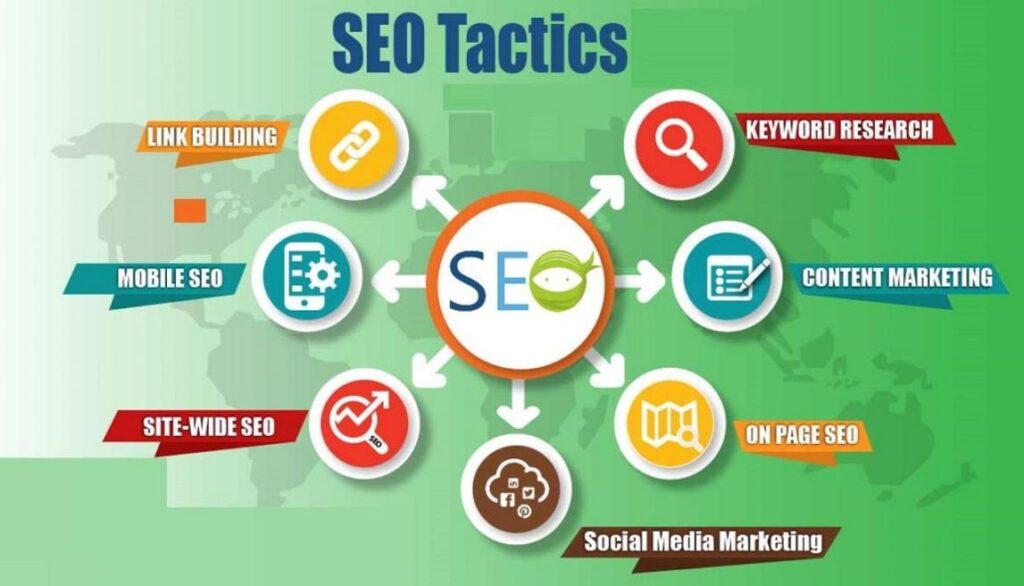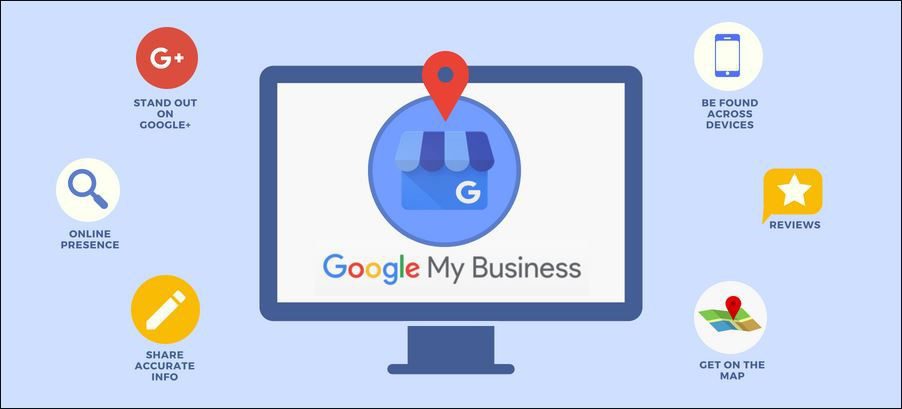Are you planning to launch a new website or optimize your existing website for better search engine ranking with SEO?
If so, it is crucial to have a good understanding of SEO. Search engine optimization (SEO) is the process of optimizing your website to improve its visibility and ranking on search engine results pages (SERPs). In this article, we will provide you with a beginner’s guide to SEO for 2023. Digital Arab, best SEO Company Dubai, covers everything from on-page optimization to link building and provide you with actionable tips to help you optimize your website for search engines.
Introduction to SEO
SEO involves making your website user-friendly and search engine-friendly. It involves a set of practices that help search engines understand the content of your website and rank it accordingly. SEO is essential for businesses of all sizes and industries, as it helps to drive targeted traffic to your website, increase your brand visibility, and generate leads and sales.
On-Page Optimization
On-page optimization refers to the practice of optimizing individual web pages to improve their ranking on search engine results pages. On-page optimization involves optimizing the content, HTML source code, and other elements of your web pages.
Keyword Research
Keyword research is the process of identifying the keywords and phrases that your target audience uses to search for products or services similar to yours. To conduct keyword research, you can use tools like Google Keyword Planner, Ahrefs, and SEMrush.
LSI Keywords
LSI (Latent Semantic Indexing) keywords are the related keywords to your target keyword. Using LSI keywords in your content helps search engines understand the context of your content and improve your chances of ranking for related searches. For instance, if your target keyword is “Digital Arab company in Dubai,” LSI keywords might include “digital marketing,” “Dubai SEO agency,” “online advertising,” and “social media marketing.”
Title Tag Optimization
The title tag is the HTML element that appears in the SERPs as the clickable headline for a given result. A good title tag should be concise, descriptive, and include your target keyword.
Meta Description Optimization
The meta description is a short summary of the content of a web page that appears in the SERPs under the title tag. A well-written meta description should be concise, engaging, and include your target keyword.
Header Tags Optimization
Header tags (H1, H2, H3, H4, etc.) are HTML elements that are used to structure the content of a web page. Using header tags helps search engines understand the hierarchy and structure of your content. You should use H1 tags for the main heading of your page and H2, H3, and H4 tags for subheadings.
Image Optimization
Optimizing your images can help to improve your website’s loading speed and user experience. To optimize your images, you should compress them to reduce their file size, add alt text to describe the image, and use descriptive file names.
Off-Page Optimization
Off-page optimization refers to the practice of improving your website’s authority and popularity through external link building.
Backlink Building
Backlinks are links from other websites to your website. Backlinks are essential for improving your website’s authority and ranking on search engine results pages. To build backlinks, you can reach out to other websites and ask them to link to your content, guest post on other websites, or participate in online communities and forums.
Social Media Marketing
Social media marketing involves promoting your content on social media platforms like Facebook, Twitter, Instagram, LinkedIn, and Pinterest. Social media marketing can help to improve your website’s visibility, increase your brand awareness, and drive traffic to your website. You can get best social media marketing company in Dubai on board for your campaigns.

Technical SEO
Technical SEO refers to the practice of optimizing the technical aspects of your website to improve its search engine visibility and user experience.
Website Speed
Website speed is a critical ranking factor, as users expect fast-loading websites. To improve your website’s speed, you can compress your images, use a content delivery network (CDN), minify your CSS and JavaScript, and enable caching.
Mobile-Friendly Design
More than half of all internet traffic comes from mobile devices, so it’s essential to have a mobile-friendly website. To optimize your website for mobile, you can use responsive design, which adapts your website’s layout to different screen sizes.
SSL Certificate
An SSL certificate encrypts the data that is exchanged between your website and the user’s browser, ensuring that the data is secure. Having an SSL certificate is essential for website security and is also a ranking factor for Google.
Local SEO
Local SEO is the practice of optimizing your website for local search. Local SEO is critical for businesses that operate in a specific geographic location and want to attract local customers.
Google My Business
Google My Business is a free tool that allows you to manage your business’s online presence on Google, including your business name, address, phone number, and reviews. Optimizing your Google My Business profile can help to improve your local search visibility.

Local Keywords
Optimizing your content with local keywords can help to improve your local search visibility. For instance, if you operate a digital marketing agency in Dubai, you can include keywords like “digital marketing Dubai,” “Dubai SEO services,” and “Dubai social media marketing” in your content.
Local Directories
Listing your business in local directories can help to improve your local search visibility. You can list your business in directories like Yelp, Yellow Pages, and Google Maps.
Conclusion
In conclusion, SEO is a critical aspect of digital marketing, and optimizing your website for search engines can help to improve your visibility, drive targeted traffic, and generate leads and sales. To ensure that your website is search engine friendly in 2023, you should focus on on-page optimization, off-page optimization, technical SEO, and local SEO. By following the tips and best practices outlined in this article, you can improve your website’s search engine visibility and attract more customers to your business.
FAQs
- What is the best way to conduct keyword research?
The best way to conduct keyword research is by using keyword research tools like Google Keyword Planner, SEMrush, and Ahrefs. These tools can help you to identify relevant keywords for your business and provide insights into their search volume, competition, and potential traffic.
- How can LSI keywords improve my SEO?
LSI (latent semantic indexing) keywords are related keywords that are semantically related to your target keywords. Including LSI keywords in your content can help to improve its relevance and comprehensiveness, which can improve your search engine rankings and attract more targeted traffic to your website.
- What is the importance of website speed for SEO?
Website speed is a critical ranking factor, as users expect fast-loading websites. Moreover, slow-loading websites can result in a poor user experience, high bounce rates, and low engagement, which can negatively impact your search engine rankings.
- How can I optimize my website for local search?
To optimize your website for local search, you should focus on creating local content, optimizing your Google My Business profile, listing your business in local directories, and including local keywords in your content. Additionally, you should ensure that your website has a mobile-friendly design and is optimized for speed and security.
- What is the role of backlinks in SEO?
Backlinks are links from other websites that point to your website. Backlinks are an essential ranking factor for Google, as they are a signal of your website’s authority and popularity. The more high-quality backlinks you have, the more likely your website is to rank higher in search engine results pages (SERPs).

